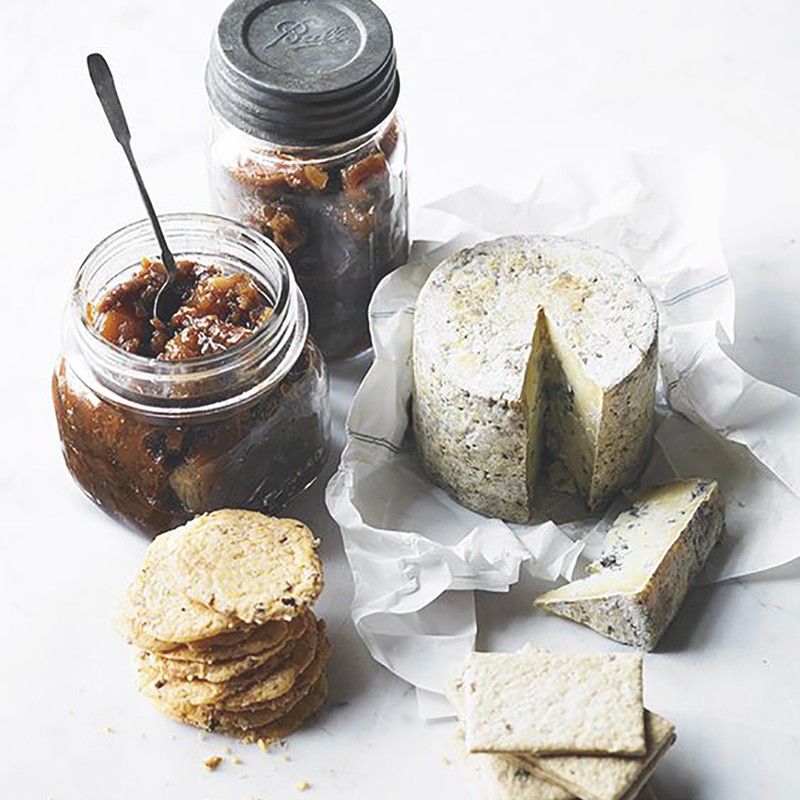The Truth About Food Intolerances
MYTH: Allergies & Intolerances Are The Same Thing
TRUTH: No – they’re totally different things. A true allergy triggers a severe reaction in the immune system in response to a specific food, causing immediate (or slightly delayed) physical reactions. Swelling, hives and breathing difficulties are common and its most severe form (anaphylaxis) can be life threatening.
On the other hand, food intolerance is a less severe response to a specific food, but can cause symptoms from stomach upset to chronic acne. It’s important to remember that diagnosis for allergies can only be done by blood/skin prick tests carried out by a medically trained allergy specialist.
MYTH: Intolerances Develop As You Get Older
TRUTH: Yes and no. While food intolerances can develop as you get older, they can also be genetic –hypersensitivities to certain foods often run in families.
However, intolerances can develop as you age and can occur for reasons such as genetic risks, reduced enzyme production, stress, environmental stressors and poor diet. Long-term use of some medicines, including painkillers, can affect the integrity of your gut lining and lead to intestinal permeability (also known as ‘leaky gut’), which is linked to food intolerances.
MYTH: An Intolerance Is All Down To Your Immune System
TRUTH: This isn’t true. Intolerances can be an overreaction of the immune system to food substances such as casein protein in milk, or gliadin protein in gluten, with sufferers not producing sufficient enzyme to break them down efficiently. However, it’s possible to develop an intolerance for certain foods or food groups having overeaten them – repetition of certain foods can cause your immune system to respond negatively to the food over time, causing intolerance.
MYTH: Gluten & Dairy Are The Most Common Intolerances
TRUTH: Gluten and dairy may be very common triggers, but corn, sugar and food additives can also cause problems for many, as can alcohol and yeast. In terms of gluten, industrial farming has created hybrid wheat – containing higher levels of gluten – this may contribute to the rise in gluten sensitivity.
Removing gluten or diary isn’t necessary for everyone, but many people symptoms recede when they remove these foods completely, or for a period of time while they work on re-establishing gut health.
MYTH: You Can’t Be Intolerant To Healthy Food
TRUTH: This isn’t true. Did you know intolerance to fruits and vegetables can affect up to 5% of the population? It’s down to specific compounds in certain foods – for example allium intolerance (onions, garlic, leeks and chives) is linked to the sulfoxides contained in them. Similarly, the nightshade family, (e.g. potatoes, tomatoes, bell peppers and aubergines) contain toxic alkaloids, which can trigger or aggravate certain inflammatory conditions such as arthritis.
Myth: Tummy Issues Are The Only Symptom Of An Intolerance
Truth: Gut problems are just one symptom of an intolerance. Migraines, respiratory problems and skin complaints such as acne and eczema are also common signs you may be intolerant to something. There’s a strong connection between the gut and brain activity too, so food intolerances can cause psycho-emotional imbalances like anxiety.
MYTH: Getting Tested is Expensive
TRUTH: A food and symptom diary followed by an elimination diet is still the gold standard of diagnosing intolerance, and it’s free. Functional tests can be added to support elimination diet results, but they wouldn’t be used in isolation – if in doubt, book in with a nutritionist. Tests vary in price, depending on the number of foods and substances being tested, but range between £100 and £400. Practitioners can offer discounts and assistance in interpreting and modifying your diet and habits to get the best results.
MYTH: Intolerances are for life
TRUTH: No – you can grow out of intolerances, but this varies depending on what the triggers and mediators are. It’s common for intolerances to disappear over time if the person makes changes to diet, lifestyle or environment, although they could remain vulnerable to the symptoms returning at a later stage.
MYTH: Supplements can help
TRUTH: Sometimes. For example, taking the enzyme lactase (try BioCare’s Lactase Enzyme) can help those intolerant to lactose to break down the proteins in milk that trigger symptoms. Similarly, a healthy microbiome is central to gut health which ultimately can reduce risks around food intolerance, so eating fermented wholefoods such as sauerkraut, kefir, and kimchi alongside a multi strain probiotic, may be beneficial.
Lola Ross is a specialist in women’s health and co-founder of Moody; for more information visit LolaRoss.com
DISCLAIMER: We endeavour to always credit the correct original source of every image we use. If you think a credit may be incorrect, please contact us at info@sheerluxe.com.


